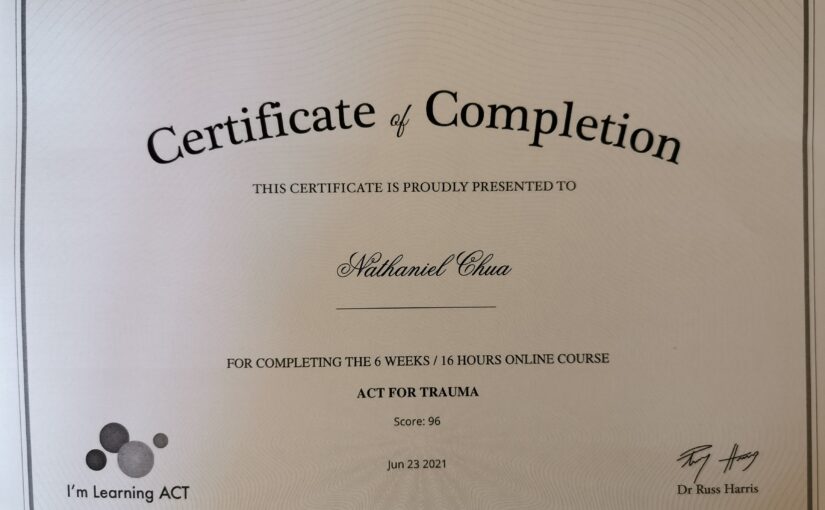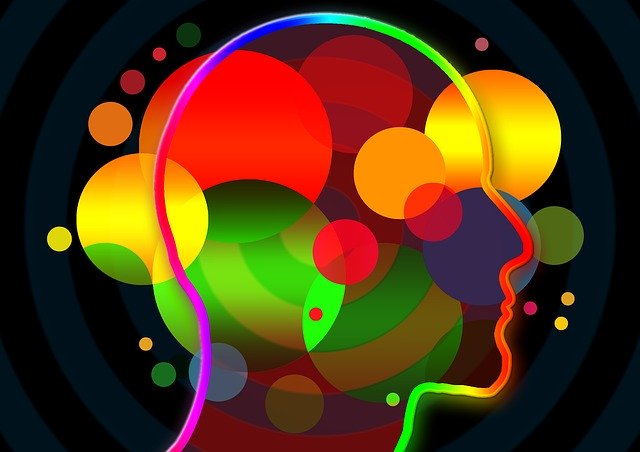by Nathan Chua
Multiple deadlines, challenges at home and at work, you’re about to lose your job, someone in the family has a serious ailment, pressure is coming from all sides…life happens and is coming at you like a savage beast hungry for a fight to the death! These are the times when people come to see me. The world has turned against my clients and there seems to be nothing they can do that has succeeded in changing anything. In fact, the more they try the worse the outcomes become!
It is also during these moments that our minds go on overdrive, drilling judgmental thought after judgmental thought into our consciousness. The key here is to reach a level of awareness of what is within or outside our control. If you ever wondered what it is that makes us feel that we are living ineffectual lives, it is our misdirected efforts to control that which is not subject to control.
Just be the human being that we had become through billions of years of evolution! We have an assortment of wonderful tools inside our nervous system. Turning against these evolved functions, is like working against gravity.
Ultimately, what happens to us in life is not within our control, but our responses are. The goal of psychology as a field of scientific study is to bring to bear what it is that makes us live ineffectually and then find ways to change or interrupt that process to get us moving towards a different, more effectual, and more life-enhancing direction. So it really does not matter as much what happens to us, as how we face them. How we handle ourselves in those moments is where we can bridge the gap between what we are and what we aspire to be.
The question we could keep in mind is, “Did we handle it well?” Here’s a paraphrase of Dr. Darin Cairns words reminding us that we can be okay even when everything around us tells us we’re not.
“I can’t promise you everyone’s going to like you.
I can’t promise you that people will always know you exist.
I can promise you this, if you like you at that time, if you liked how you lived it, then you’ll like that you were true to what you believed in.
That you liked how you handled yourself in terms of whatever you value, then you’re always ok.
You’re ok when you’re popular, you’re ok when you’re alone, you’re ok after a breakup, you’re ok when you’re scared to death, and you’re ok when you’re hurting.
You don’t have to stand tall but you do have to stand up. You don’t have to think that you’re better than anyone, you don’t have to have anyone praise you, but you do have to be willing to exist for you.”
So to you my friend, I can say that no matter how dire your circumstances are at this moment, take a look at yourself ahead of you by a year or so, and ask yourself, “Would your future you like how you, the present you, handled the situation?” I hope that brings you back in touch with what truly matters for you in each and every moment that comes. No matter how not okay these moments can get, you can be okay knowing you stood up for you!
Listen to the podcast version of this post on Spotify! Click here!










